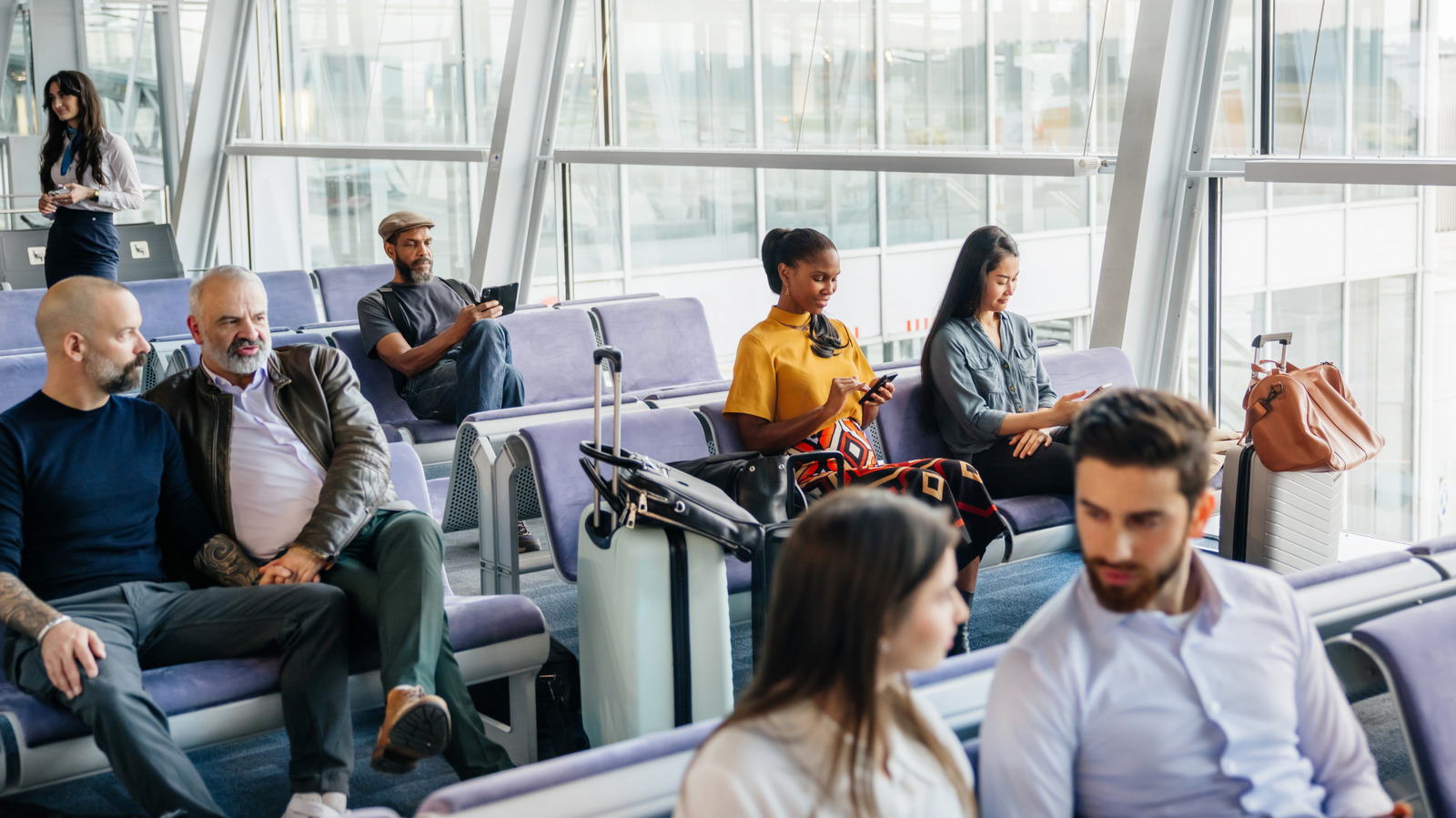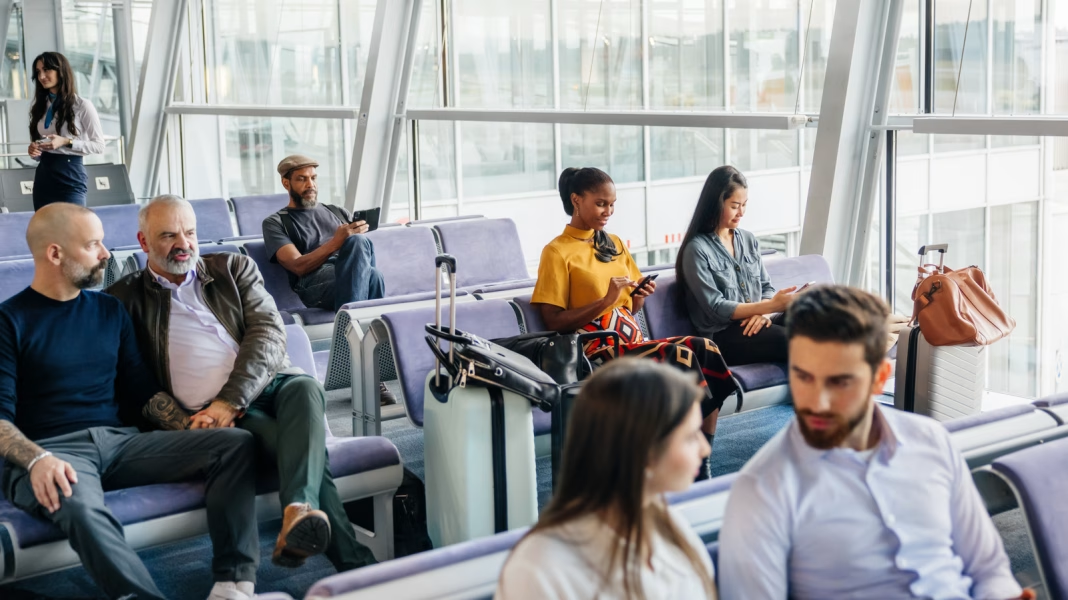Traveling can be an exhilarating experience, but it also comes with its own set of health risks, especially when it comes to infectious diseases. Recently, the Centers for Disease Control and Prevention (CDC) issued a warning about the potential risk of measles exposure in airports. If you’re planning to travel soon, it’s crucial to understand what this means for you and how to protect yourself and your loved ones.
What’s the Measles Risk in Airports?
Measles is a highly contagious viral infection that can spread through respiratory droplets when an infected person coughs or sneezes. Airports, with their crowded terminals and close quarters, can be hotspots for such transmissions. The CDC’s warning highlights that travelers might unknowingly come into contact with someone who has measles, especially in international airports where the disease is more prevalent.
In recent years, there have been outbreaks in various parts of the world, and even in the United States, where vaccination rates have fluctuated. This means that even if you’re vaccinated, it’s wise to be cautious, as no vaccine offers 100% protection.
How Can You Stay Safe While Traveling?
1. **Check Your Vaccination Status**: Before you embark on your journey, ensure that you and your family are up to date on measles vaccinations. The MMR (measles, mumps, rubella) vaccine is typically administered in two doses, and it’s highly effective. If you’re unsure about your vaccination history, consult with your healthcare provider.
2. **Practice Good Hygiene**: Simple hygiene practices can go a long way in preventing the spread of infections. Wash your hands frequently with soap and water, or use hand sanitizer when soap isn’t available. Avoid touching your face, especially your eyes, nose, and mouth, as this can introduce viruses into your system.
3. **Be Mindful of Crowds**: If possible, try to avoid crowded areas in the airport. This might mean arriving early to navigate through security or waiting in less populated sections of the terminal. If you notice someone exhibiting symptoms of illness, such as coughing or sneezing, it’s best to keep your distance.
4. **Wear a Mask**: While masks have become a common sight in public spaces due to the COVID-19 pandemic, they can also help reduce the risk of contracting measles and other respiratory infections. Consider wearing a mask, especially in crowded areas or on long flights.
5. **Stay Informed**: Keep an eye on travel advisories and health alerts from the CDC or the World Health Organization (WHO). These organizations provide valuable information about outbreaks and health risks in various regions, helping you make informed decisions about your travel plans.
Real-World Examples of Measles Outbreaks
In recent years, there have been notable measles outbreaks linked to international travel. For instance, in 2019, the U.S. experienced a significant surge in measles cases, with many linked to travelers returning from countries where measles was prevalent. These outbreaks serve as a reminder of how quickly diseases can spread across borders, especially in our interconnected world.
The Importance of Vaccination
Vaccination remains one of the most effective ways to prevent measles. The CDC emphasizes that herd immunity—where a significant portion of the population is vaccinated—helps protect those who cannot be vaccinated due to medical reasons. By ensuring that you and your family are vaccinated, you’re not just protecting yourselves; you’re also contributing to the broader community’s health.
In summary, while the prospect of traveling can be thrilling, it’s essential to remain vigilant about health risks like measles. By taking proactive steps—checking your vaccination status, practicing good hygiene, and staying informed—you can significantly reduce your risk of exposure.
The big takeaway? Staying healthy while traveling isn’t about living in fear; it’s about making smarter choices. Start with one change this week, whether it’s checking your vaccination status or packing hand sanitizer, and you’ll likely spot the difference in your travel experience. Safe travels!


